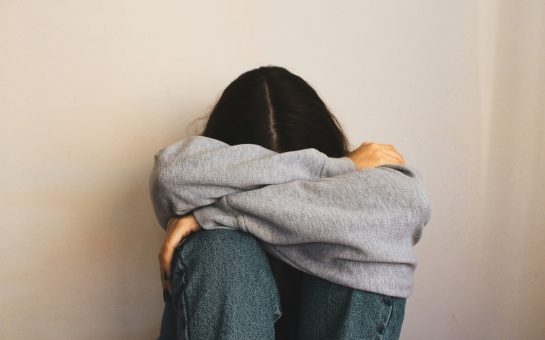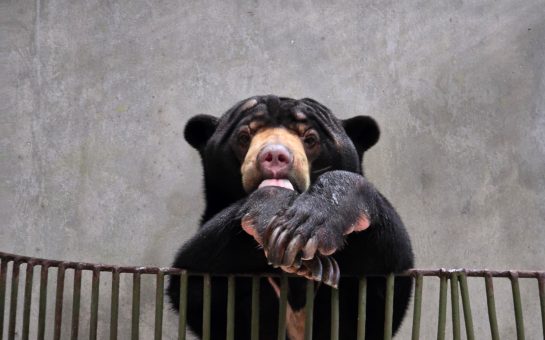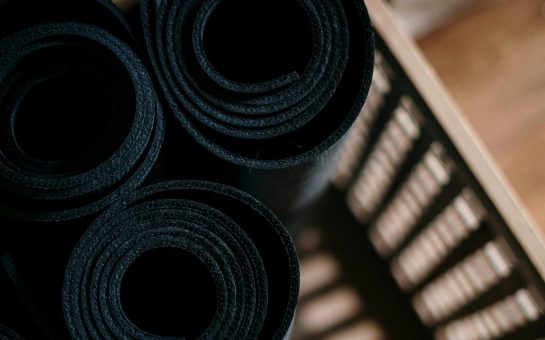Some of my fondest memories from my childhood are of walking outdoors in the countryside with my parents.
These walks always followed the same pattern: my dad would take us on an off-route detour meaning a short work would double in length.
I would be told it was character-building to be walking in torrential rain up another hill.
And there would always be some competition to see who could run somewhere the quickest while my mam shouted at us to be careful.
Any finish line would suffice; a nearby fence, the peak of a hill or bench we could collapse onto post-sprint.
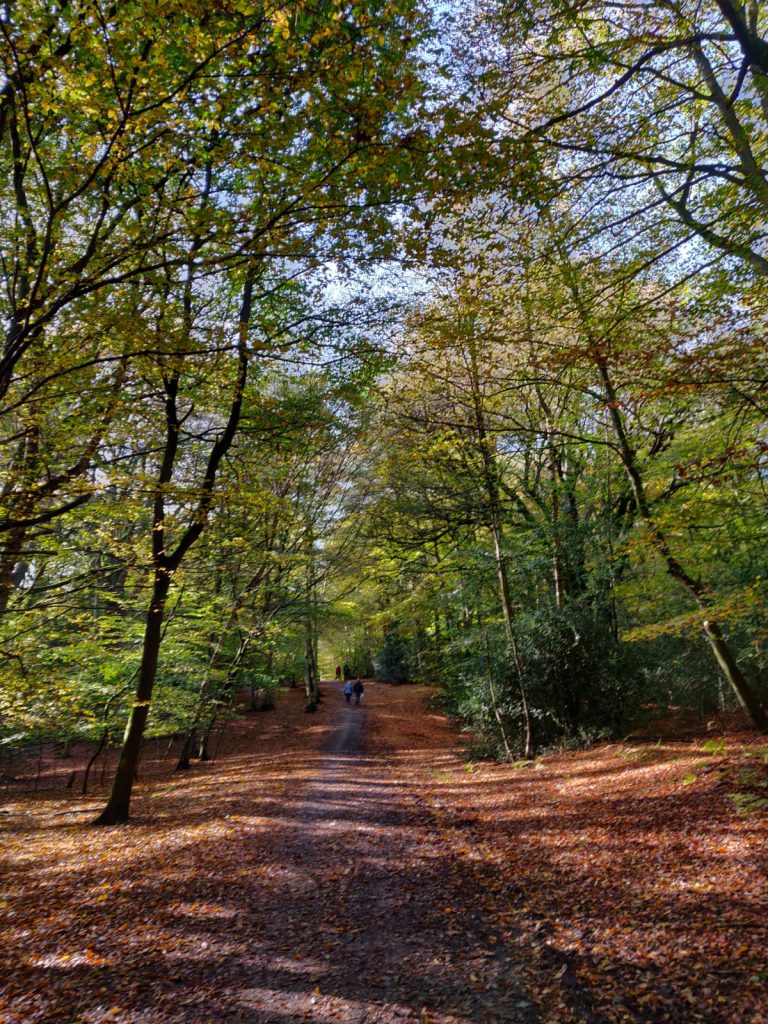
However, for too many children, they’ll never know the joy of spending time in nature.
The 2018/2019 Monitor of Engagement with the Natural Environment survey found that 26% of children had not spent any time outside in the month prior to the survey.
This has increased from 19% in 2013/14.
The sharpest increases have been in relation to children from lower socio-economic groups visiting urban greenspaces.
This went from 29% of children not visiting them in 2013/14 to 39% in 2018/19.
Yet nature can have an incredibly positive affect on children’s mental health.
In the same survey, 89% of children said they felt calm and relaxed when spending time in nature.
It is difficult to assess whether children will have spent more or less time in nature this year given the Covid-19 pandemic.
Evidence from Sport England showed less than one in five school children were getting their recommended hour a day of exercise during lockdown.
However, this year has certainly seen children faced with huge additional challenges which could impact their mental health.
According to children’s mental health charity, Young Minds, 80% of children and young people have said the pandemic has made their mental health worse, and 87% have felt lonely or isolated.
Though Camp Beaumont psychologist Dr Alice Jones Bartoli was quick to warn that there is a lot of conflicting evidence.
Therefore, the impact on children’s mental health seems to depend on the age of the child and their living situation.
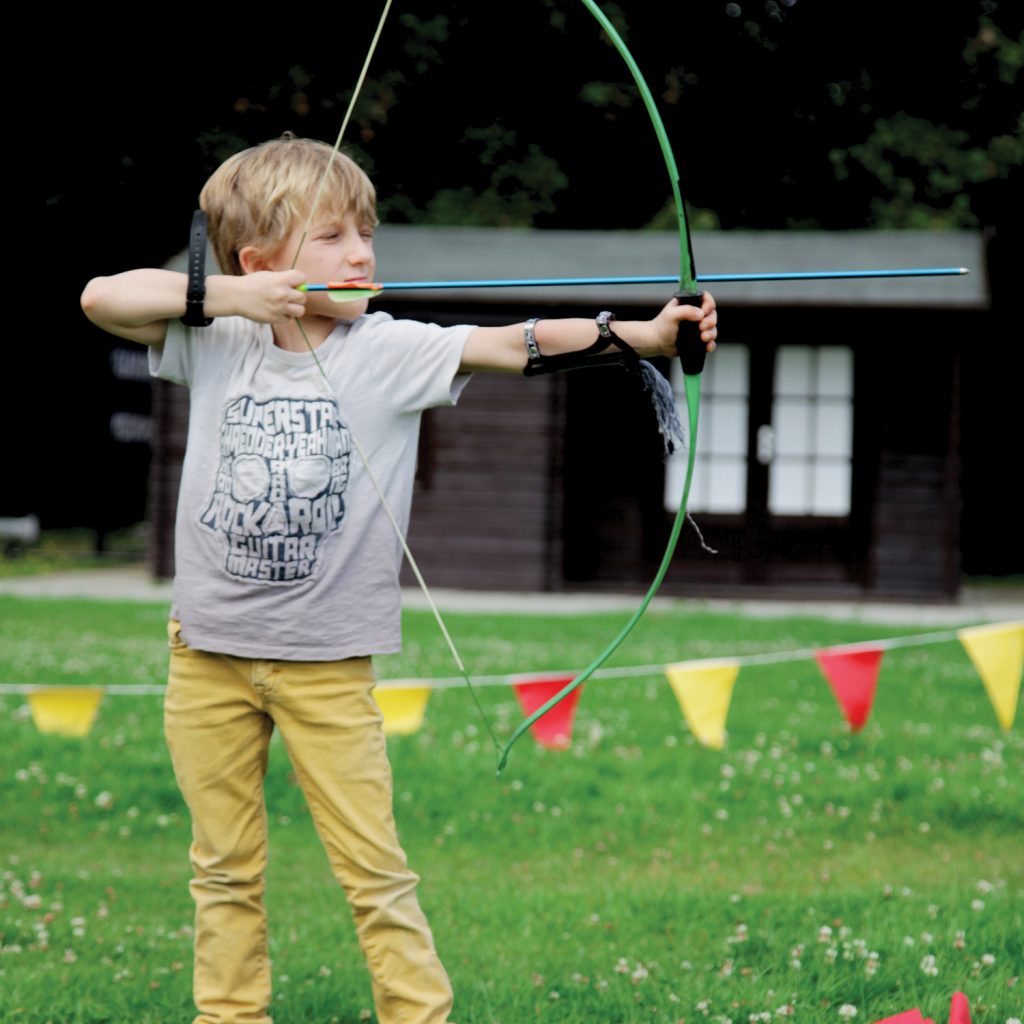
Credit: Camp Beaumont
Dr Bartoli was positive about the impact of being outdoors on children.
She said: “It’s good for them to get out and about and be active and get some fresh air. It’s hugely important for them in the same way it is for us.”
For mother-of-two and editor of Clapham Mums Rohini Regunathan, being outside is an important part of their family’s day.
Their favourite outdoor space is Battersea Park and Rohini’s children will often go to the park before and after school to collect conkers, swing on the monkey bars and scale the climbing frame.
Rohini’s four-year-old daughter Ananya takes her nature finds into school and it has been her mission to find something truly unique.
Rohini said: “She found a conker but she saw a squirrel near it so she is convinced it is a hazelnut.
“I tried to explain to her that it’s not, but she told a story of the squirrel fighting for the hazelnut and in her mind it is Peter Rabbit that is happening in front of her.”
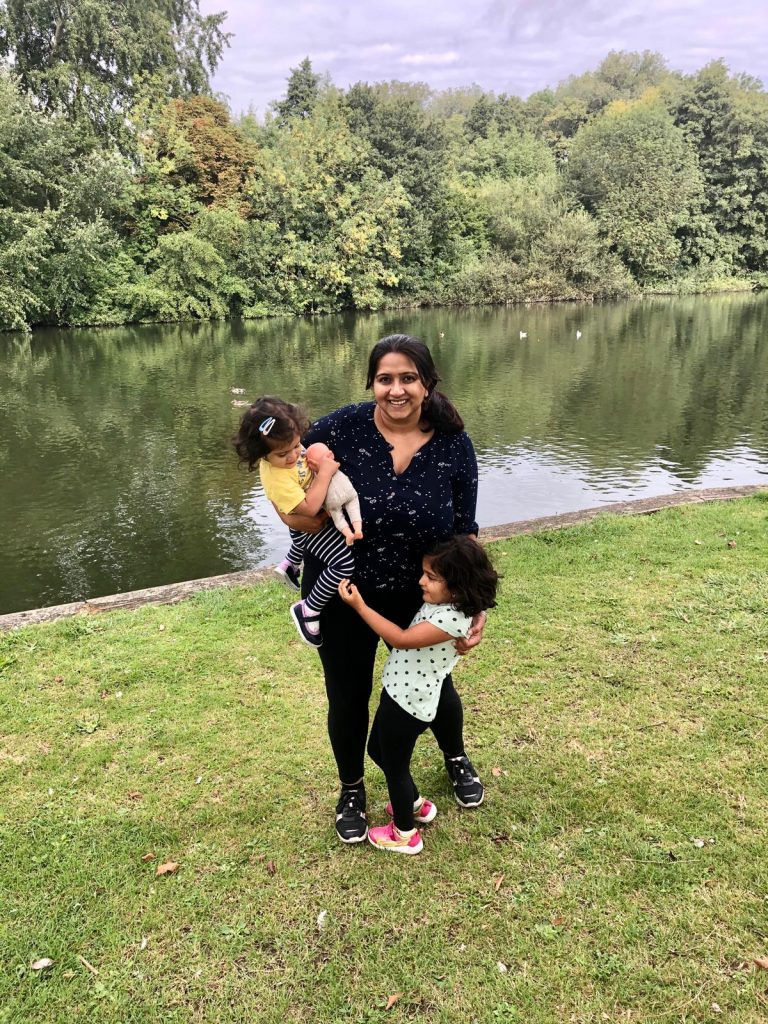
For Rohini, her children’s imaginations come alive when in nature and she notices a negative change in their mood when they can’t get outdoors.
Dr Bartoli explained: “Being in the outdoors can help with these feelings as it can lower levels of the stress hormone, cortisol, which can make us feel calmer.
“Doing exercise outside is good for you – it’s about connectedness to green space and nature.”
However, while being outdoors can positively contribute to children’s mental health, she also raised the importance of adequately funded services.
She added: “It would be great to see more support for child and adolescent mental health services clinically. The lockdown period was particularly difficult for children who were already in the mental health care system.”
Although spending time in nature can’t cure all mental health issues, I remember feeling freer and happier as we trudged across the countryside.
Even if we were drenched, lost and miles away from home.
You can book children’s places for October half-term at Camp Beaumont here and check out Clapham Mum’s half-term activity guide here.

